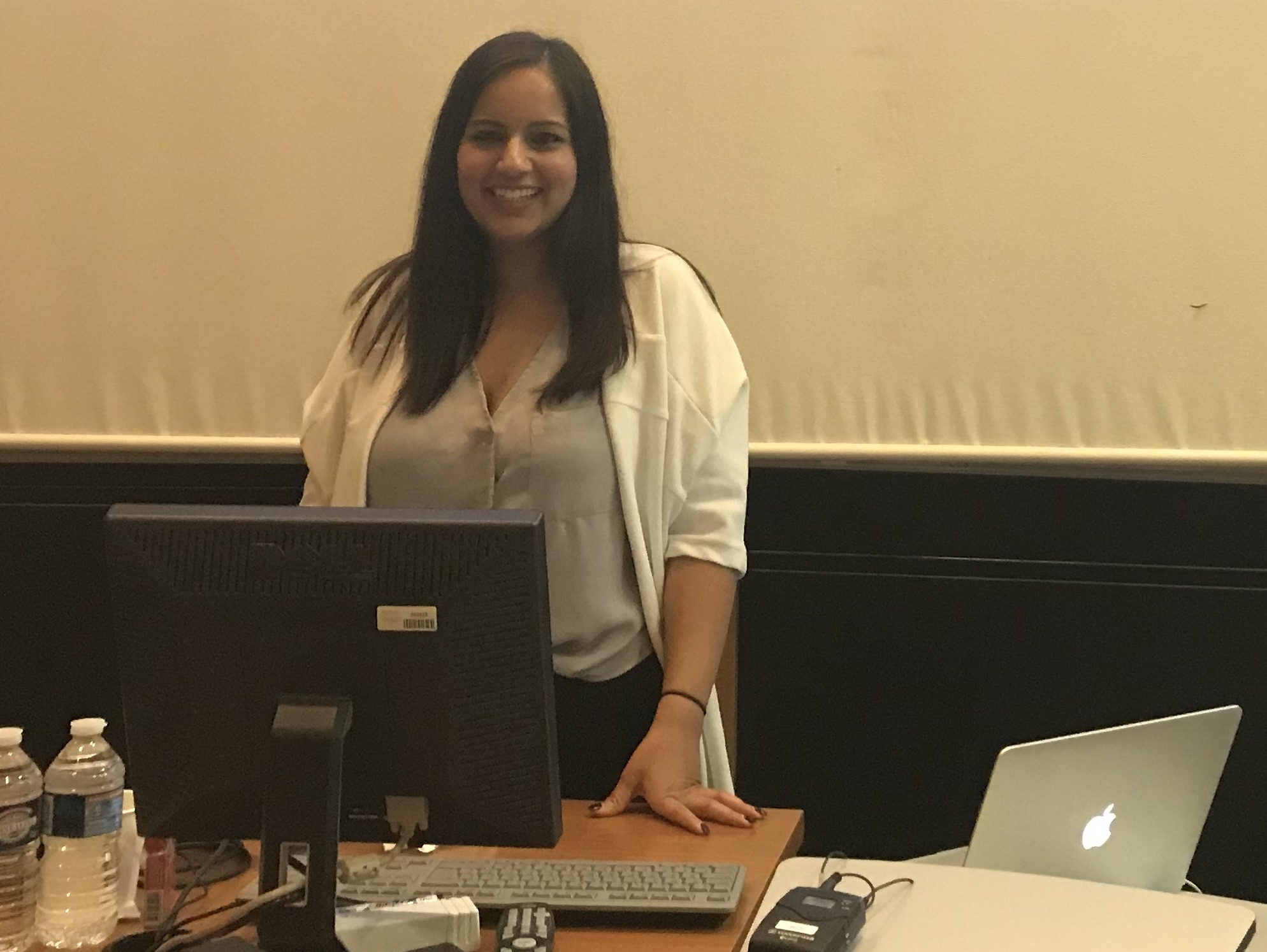Fontainebleau – ‘18J student Sangya Kalia shared her experience working in data analytics at a Tech Talk on January 25, outlining her career, skills needed and her favorite parts of the industry.
How did Sangya get her start in the industry?
Sangya started her career at Target after graduating university with a mathematics degree. She learned her analytics skills on the job, solving issues such as predicting call-center performance and identifying different types of in-store customers. She then moved to the Bay Area to work at Switchfly, a B2B travel booking engine, before joining Lithium Technologies.
How did Sangya get her start in the industry?
Sangya started her career at Target after graduating university with a mathematics degree. She learned her analytics skills on the job, solving issues such as predicting call-center performance and identifying different types of in-store customers. She then moved to the Bay Area to work at Switchfly, a B2B travel booking engine, before joining Lithium Technologies.

What do data analysts do all day?
The average day isn’t just about sitting in front of a computer and analyzing or gathering data. Another important part of the job is creating a narrative around the data and communicating that to various internal stakeholders and clients.
“It’s important to know how to translate information across different audiences whether you’re talking to engineers or explaining a problem to senior management with data,” Sangya said.
What skills do data analysts use? According to Sangya, the key technical skills needed are a knowledge of SQL, Excel, Statistics, and Tableau. Depending on the company and position, knowledge of R/Python, experimental design, predictive modeling are also a plus. Key soft skills are curiosity, ability to learn by yourself, problem-solving skills, a hacker mindset, story-telling skills and asking the right questions.
What are the best things about working in the industry? “You’re always learning, and you get to solve a wide range of problems. In just a couple years of experience, I worked on a diverse set of problems,” Sangya said. “You can apply it to different domains. If you’re into marketing but you like hacking a little, maybe you should be a marketing analytics team. Or if you’re more into the product, you could work as a product manager at a more technical firm.”
Finally, she stressed that even if they don’t have a job in the data analytics department, MBAs should consider how to integrate the use of data wherever they go on to work.
“Everyone is talking about collecting more data. But data is useless without two things: we need people to take those raw data and make it meaningful, and we also need managers and leaders to see the value of the data and give it a seat at the table when people are making big decisions.”
Tech Talks are casual meetups featuring our own tech talent in the MBA class, aimed at sharing experiences and advice within the INSEAD community.


Recent Comments